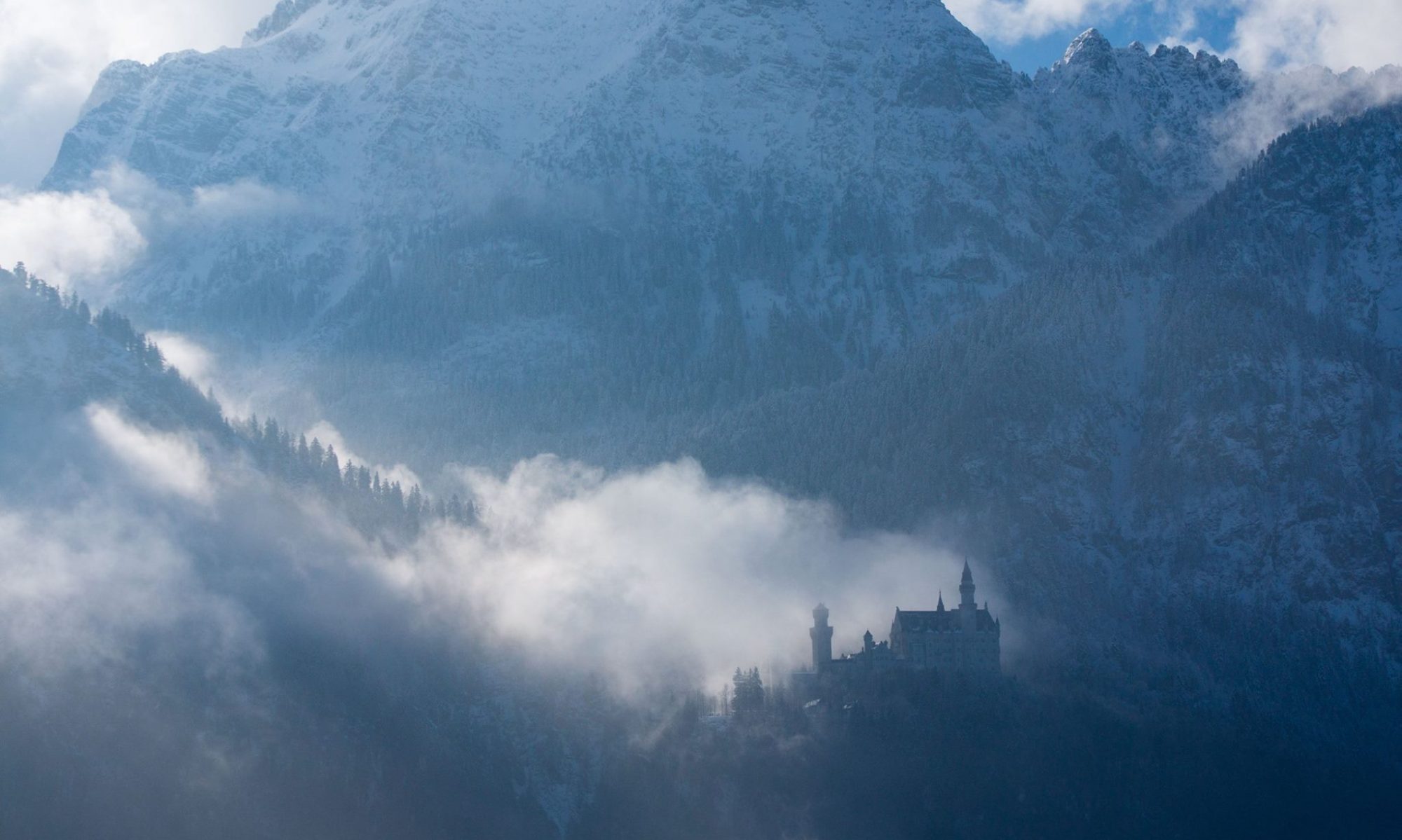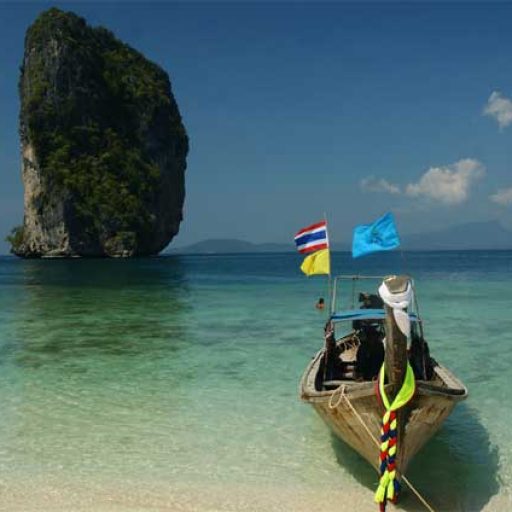A few things from wikepedia about Český Krumlov:
Český Krumlov Castle is unusually large for a town of Krumlov’s size; within the Czech Republic it is second in extent only to the Hradčany castle complex of Prague. Inside its grounds are a large garden (my favourit part of the city), an extensive bridge over a deep gap in the rock upon which the castle is built and the castle itself, which in turn consist of many defined parts dating from different periods of time. Church of St. Vitus (Kostel Sv. Víta) is a Gothic church dating back to the 15th century with frescoes from the same period.
Český Krumlov Castle preserves its Baroque theatre (completed 1766), complete with original stage machinery, scenery and props:, one of only a few such court theatres that still exist. Due to its age, the theatre is only used three times a year (only two are open to the public), when a Baroque opera is performed in simulated candlelight. The castle’s last private owner was Adolph Schwarzenberg. It was here that he received President Edvard Beneš and gave him a large contribution for the defence of Czechoslovakia against the growing threat of Nazi Germany. His property was seized by the Gestapo in 1940 and then confiscated by the Czechoslovak government in 1945.
Krumlov has a museum dedicated to the painter Egon Schiele, who lived in the town. Ten kilometers from Krumlov is one of Bohemia’s oldest monasteries, Zlatá Koruna (“The Golden Crown”). About 30 km from Krumlov is the Hluboka Castle, established in the twelfth century and later remodelled in imitation of Windsor Castle. Krumlov is close to the Šumava National Park, the Czech Republic’s largest national park. The Šumava mountains lie along the border with Austria and Germany and offer a range of natural habitats – peat bogs, Alpine meadows, old-growth forests, lakes, and rivers. The area is popular with walkers, cyclists, and canoeists on the Vltava. Cesky Krumlov is only a short distance from the man-made Lake Lipno, on which many people take boat trips to various small towns on the lake and also to the Dam, which is a Hydro-electic power plant.
Český Krumlov is home to Pivovar Eggenberg brewery. It has also been used as filming locations for movies such as the 2006 films The Illusionist and Hostel as well as the 1970s German movie Traumstadt.














